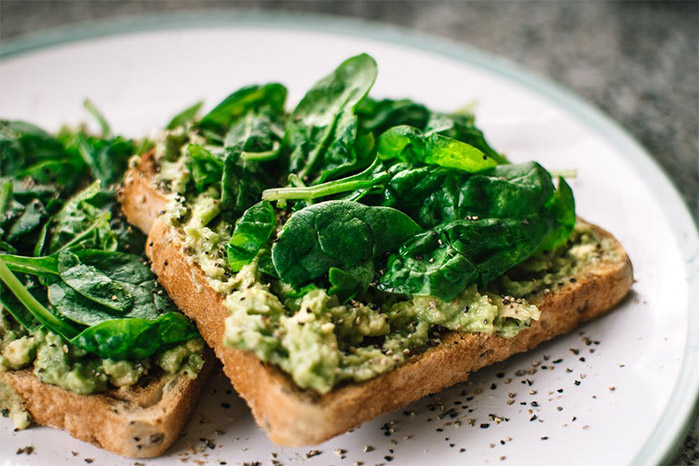As an Accredited Sports Dietitian I see athletes across all levels from young sporty children, to the recreational adult, to developing adolescent athletes (North Coast Academy of Sport and QLD Academy of Sport athletes), and to the very elite (Olympic athletes during my work with Scottish Institute of Sport during Beijing Olympics).
As an Accredited Practising Dietitian and Accredited Nutritionist and owner of Body Balance Nutrition (private dietetic clinic) since 2011, I also see people with an array of health conditions including chronic disease, irritable bowel syndrome, allergies and intolerances, chronic fatigue, arthritis, eating disorders, and more.
There was once a time when I separated Sports Nutrition and Nutrition for Health, such as when I worked for Elite Olympic athletes. Sports Nutrition focused on Performance, and Performance only. Long term health was generally disregarded as we strived to help the athlete achieve top performance. However, recently my thinking has moved more towards integrating my knowledge of nutrition for health with nutrition for sport.
My thinking has been supported after watching webinars by Ian Craig on Integrative Sports Nutrition http://www.iancraig.net/nutrition/15-functional-sports-nutrition
Ian describes Integrative (or Functional) Sports Nutrition which “effectively combines the knowledge of two very different fields of nutrition within a sporting model: the practical, quantitative and food-based Sports Nutrition and the integrative, qualitative and body-systems approach of Nutritional Therapy and Functional Medicine. Integrative Sports Nutrition recognises the bio-individual/genetic needs of each athlete and the connectivity of all body systems, meaning that to reach peak performance, whole-body health is required.”

Mainstream Sports Nutrition has come a long way too, since I first became an Accredited Sports Dietitian in 2004! No longer do Sports Dietitians use the ‘one-diet-fits all’ approach, but we now all tailor the diet and macronutrients according to periodised training programs and individual needs and goals.
However, Integrative Sports Nutrition, is not just about Macros. It incorporates functional nutrition which “is focused on building health by restoring proper physiological functioning of the body. When you have multiple symptoms they are clues to the ways in which your body is not functioning the way it should be” (americannutritionassociation.org).
Now days, in my private practice, I believe I already practice ‘Integrative Sports Nutrition’, although I have not been calling it this. For example, I frequently have recreational and semi-elite athletes coming to me wanting a ‘whole foods’ approach, and sports nutrition meal plans that focus on whole foods rather than sports supplements. I have even supported an Iron Man Triathlete to do the full race using ‘whole foods’ rather than any sports supplements.







